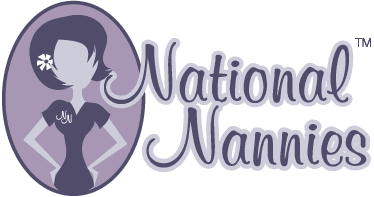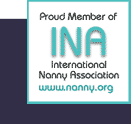Collateral Agreement Derivatives
December 22, 2022 | in Uncategorized
Collateral Agreement Derivatives: A Comprehensive Guide
Collateral Agreement Derivatives (CADs) are a type of financial contract that offer protection to lenders against default by borrowers. This is achieved by requiring the borrower to pledge collateral as security for the loan. CADs are an important tool in modern financial markets as they help to mitigate risks associated with lending, allowing lenders to offer loans at lower interest rates.
In this article, we will go over the basics of CADs, how they work, their benefits and drawbacks, and some examples of how they are used in the financial world.
What are Collateral Agreement Derivatives (CAD)?
Collateral Agreement Derivatives are financial contracts that enable lenders to protect themselves against default by requiring the borrower to pledge collateral as security for the loan. This collateral can be in the form of cash, securities, or other assets. The amount and nature of the collateral required will depend on the terms of the contract between the lender and the borrower.
CADs are often used in conjunction with other types of financial instruments, such as bonds or loans, to provide added security to the lender. They can also be used to provide leverage to the borrower, allowing them to obtain financing at more favorable terms.
How do Collateral Agreement Derivatives work?
To understand how CADs work, it is important to understand the basic concept of collateral. When a borrower pledges collateral, they are essentially putting up an asset as security for the loan. If they default on the loan, the lender has the right to seize the collateral to recover their losses.
With CADs, the lender and borrower agree on the type and amount of collateral that will be pledged. This collateral is then held in escrow by a third party, such as a bank or other financial institution. If the borrower defaults on the loan, the lender can then claim the collateral from the escrow account to recover their losses.
Benefits and Drawbacks of Collateral Agreement Derivatives
CADs offer several benefits to lenders, including reduced risk of default, lower interest rates, and increased flexibility in lending. By requiring collateral, lenders are better protected against the risk of default, and can therefore offer loans at lower interest rates. CADs also allow for more flexibility in lending, as the amount and nature of collateral required can be customized to fit the needs of the lender and borrower.
However, there are also drawbacks to CADs. One major drawback is the cost of setting up the contract and maintaining the escrow account. This can be a significant expense for both lenders and borrowers. Additionally, the requirement for collateral can be a barrier to entry for borrowers who may not have the necessary assets to pledge as collateral.
Examples of Collateral Agreement Derivatives
CADs are commonly used in a variety of financial transactions, including loans, bonds, and other debt instruments. For example, a company may issue bonds with a CAD attached, requiring the bondholder to pledge collateral as security. This provides added security to the bondholder and allows the company to issue the bonds at a lower interest rate.
Another example is a mortgage loan with a CAD attached. In this case, the borrower would pledge the property being purchased as collateral, reducing the risk to the lender and allowing them to offer the loan at a lower interest rate.
Conclusion
Collateral Agreement Derivatives are an important tool in modern financial markets, enabling lenders to protect themselves against default while also providing added security to borrowers. While they offer many benefits, they also come with drawbacks and can be expensive to set up and maintain. Nevertheless, CADs play a vital role in the world of finance and are likely to be an important tool for lenders and borrowers alike for years to come.
← Financial Binding Agreement Template | Atlantic Provinces Procurement Agreement →Comments are closed.
DIY & Sign up Online
We have partnered with eNannySource to help you search for the perfect nanny in your area in addition to our other services.
Enter your zipcode to get started:
Nanny Articles
- Pillow Agreement Definition
- Retroactive Caregiver Agreement
- What Is Condition and Warranty in Contract Law
- Shared Ownership Contract Template
- How to Start Labour Contract Business
- Prenuptial Agreement in Bengali
- State of Nj Installment Agreement
- When Does an Agreement Become Unconditional
- Illinois Contract Law Impossibility of Performance
- Service Agreement Francais
National Nannies History
- September 2023
- August 2023
- July 2023
- June 2023
- May 2023
- April 2023
- March 2023
- February 2023
- January 2023
- December 2022
- November 2022
- October 2022
- September 2022
- August 2022
- July 2022
- June 2022
- May 2022
- April 2022
- March 2022
- February 2022
- January 2022
- December 2021
- November 2021
- October 2021
- February 2019
- December 2018
- July 2018
- June 2018
- April 2018


